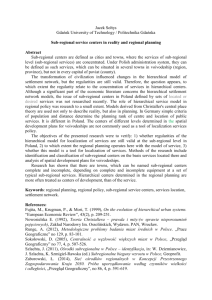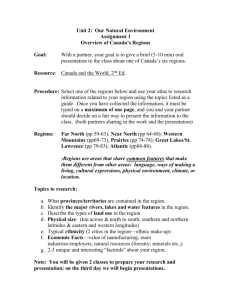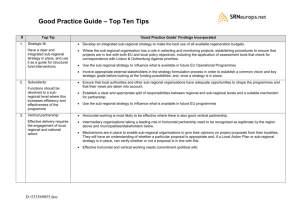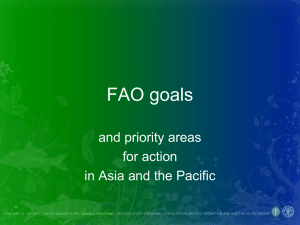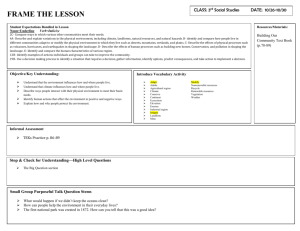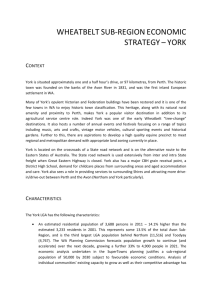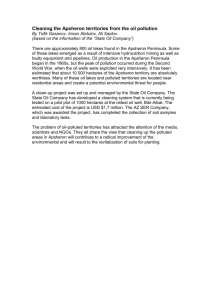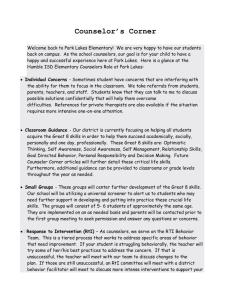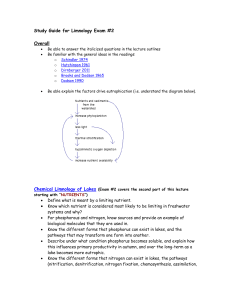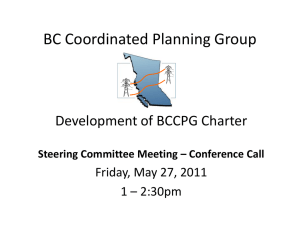strengthening_cooperation_with_regional_partners
advertisement
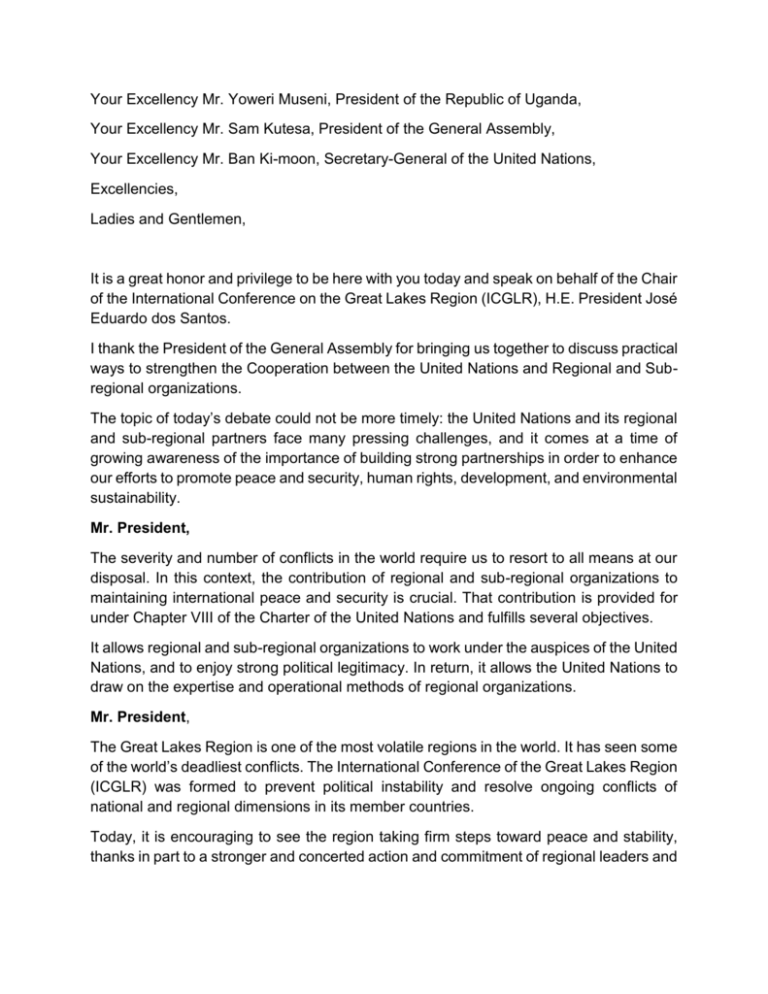
Your Excellency Mr. Yoweri Museni, President of the Republic of Uganda, Your Excellency Mr. Sam Kutesa, President of the General Assembly, Your Excellency Mr. Ban Ki-moon, Secretary-General of the United Nations, Excellencies, Ladies and Gentlemen, It is a great honor and privilege to be here with you today and speak on behalf of the Chair of the International Conference on the Great Lakes Region (ICGLR), H.E. President José Eduardo dos Santos. I thank the President of the General Assembly for bringing us together to discuss practical ways to strengthen the Cooperation between the United Nations and Regional and Subregional organizations. The topic of today’s debate could not be more timely: the United Nations and its regional and sub-regional partners face many pressing challenges, and it comes at a time of growing awareness of the importance of building strong partnerships in order to enhance our efforts to promote peace and security, human rights, development, and environmental sustainability. Mr. President, The severity and number of conflicts in the world require us to resort to all means at our disposal. In this context, the contribution of regional and sub-regional organizations to maintaining international peace and security is crucial. That contribution is provided for under Chapter VIII of the Charter of the United Nations and fulfills several objectives. It allows regional and sub-regional organizations to work under the auspices of the United Nations, and to enjoy strong political legitimacy. In return, it allows the United Nations to draw on the expertise and operational methods of regional organizations. Mr. President, The Great Lakes Region is one of the most volatile regions in the world. It has seen some of the world’s deadliest conflicts. The International Conference of the Great Lakes Region (ICGLR) was formed to prevent political instability and resolve ongoing conflicts of national and regional dimensions in its member countries. Today, it is encouraging to see the region taking firm steps toward peace and stability, thanks in part to a stronger and concerted action and commitment of regional leaders and international partners to transform the region from conflict-ridden into a space of sustainable peace and prosperity. Excellencies, As a chair of the ICGLR in January 2014, Angola has been working closely with countries in the region and relevant partners to look at practical ways to speed up our collective efforts to find peaceful solutions for the conflicts in the Great Lakes Region, with a view to stabilizing the region and ultimately bringing about sustained peace and economic development. In this regard, concerted action for fighting against active negative forces in the region was adopted. We are also strengthening regional and international cooperation in identifying and neutralizing leaders of active negative forces in the region. To that end, the ICGLR has established a Cooperation Framework with the United Nations and other relevant partners in important areas of shared concern, ranging from peace and security to conflict prevention, prevention of genocide, prevention and response to conflict-related sexual violence, illegal exploitation of natural resources, and human rights and development. Concrete and tangible results have emerged from this cooperation. The milestone Peace, Security and Cooperation (PSC) Framework for the Democratic Republic of the Congo and the Region has a special place among all other sub-regional agreements, as it was a broader regional agreement that was also signed by the African Union (AU), the Southern African Development Community (SADC), and eleven countries in the region. Mr. President, Two years after the signing of the PSC Framework, we have seen evidence of robust commitment from the countries of the region, the wider continent, and the United Nations system. The M23 rebel movement was defeated and the DRC Government and the rebels are working towards the implementation of the agreement. A Regional Oversight Mechanism for the framework was also established, backed by a Technical Support Committee, comprising representatives of Heads of State and Government of the region. Countries and people in the Great Lakes Region are interlinked in such a way that instability or conflict in one country can easily spread through the entire region. That is why we are closely monitoring political development in the region, particularly in Burundi and Central Africa Republic. Mr. President, As chair of the International Conference on the Great Lakes Region (ICGLR), Angola is deeply concerned about reports of current violence in Burundi ahead of the forthcoming general elections in the country. We call all parties to refrain from any acts of violence and respect the rule of law. Any dispute arising over the elections should be addressed within the existing Burundian legal jurisdictions. In Central African Republic, despite many challenges, there are increasing signs of hope. The Bangui Forum taking place from 4 (today) to 11 May is bringing all major parties to the table to discuss the political future of the country. The Angolan Government contributed with 4 million dollars to fund this forum, in which it will be represented by Secretary of State for External Relation, as a special envoy of the President dos Santos. Mr. President, It’s clear that development is only possible, provided that there is peace, security and stability. It’s also true that without development, no peace, security, or stability can endure. Therefore, the social and economic aspects of the PSC Framework need to be fast-tracked. We believe that inclusive and broad-based development, endorsed by the representatives of the Governments in the Regional Oversight Mechanism, will deliver tangible peace dividends to the people of the region, and thus strengthen political agreements. Excellencies, As a chair of the ICGLR, let me briefly, outline some suggestions on how we can further advance and strengthen cooperation between UN and regional and sub-regional organizations: First, we need a better and more effective coordination. Taking into account that the exact circumstances and configuration of players will always be unpredictable, we have to start our coordination efforts as early as possible whenever a new crisis or situation emerges. The earlier we can come to a shared understanding of a situation, the better results we can achieve. This includes promoting more systematic reporting, regular exchanges of information and analysis, conducting joint assessment visits, and creating flexible mechanisms and formats that bring together relevant actors to support early conflict prevention and mediation through various collaborative measures. Second, peacemaking and peace-enforcement mandates will be required in certain conflict situations to accelerate the peace process, especially where armed groups threat regional stability and commit violent atrocities against population. Although UN SC Resolution 2098 states that the Intervention Brigade would not set a precedent, the success of the Intervention Brigade in DRC has shown that this model might need to be replicated, as appropriate, in some other conflict situations. However, Angola reiterates that, conflict resolutions by peaceful means must remain our highest priority. Third, it is necessary to enhance the mobilization of resources to support the implementation of agreed actions or mandates in the areas of conflict prevention, mediation, peacemaking and peace building. Our experience has demonstrated clearly how extremely difficult it is to tackle a preconflict or conflict when there are financial hardships. Therefore, there is an increased need to support regional and sub-regional organizations with the provision of predictable and sustainable financing mechanisms in order to ensure that they are well resourced. Fourth, while recognizing that Security Council has the primary responsibility for the maintenance of international peace and security, regional and sub-regional organizations must take ownership and leadership of any conflict situation or peace process, given their special expertise and better understanding of the challenges and dynamics of the region. Fifth, training and capacity building is also an essential component. Building on existing national and regional efforts and strengthening the capacities of regional institutions will be critical to enhance national and regional policies, legislation, and institutions. Finally, as we gather here today to generate concrete and implementable proposals, we must also recognize that the lack of economic opportunities and the failure of States to provide essential services to citizens is a recipe for political instability anywhere in the world. Mr. President, To conclude, cooperation between the United Nations and regional and sub-regional organizations must remain on the top of our collaboration, in a view to further enhance the three pillars of UN: peace and security, human rights, and development, in this year when we commemorate the seventieth anniversary. In fact it is a matter of political and operational necessity and must continue, in line with the relevant provisions of the United Nations Charter, in order to realize its full potential. Thank you.
